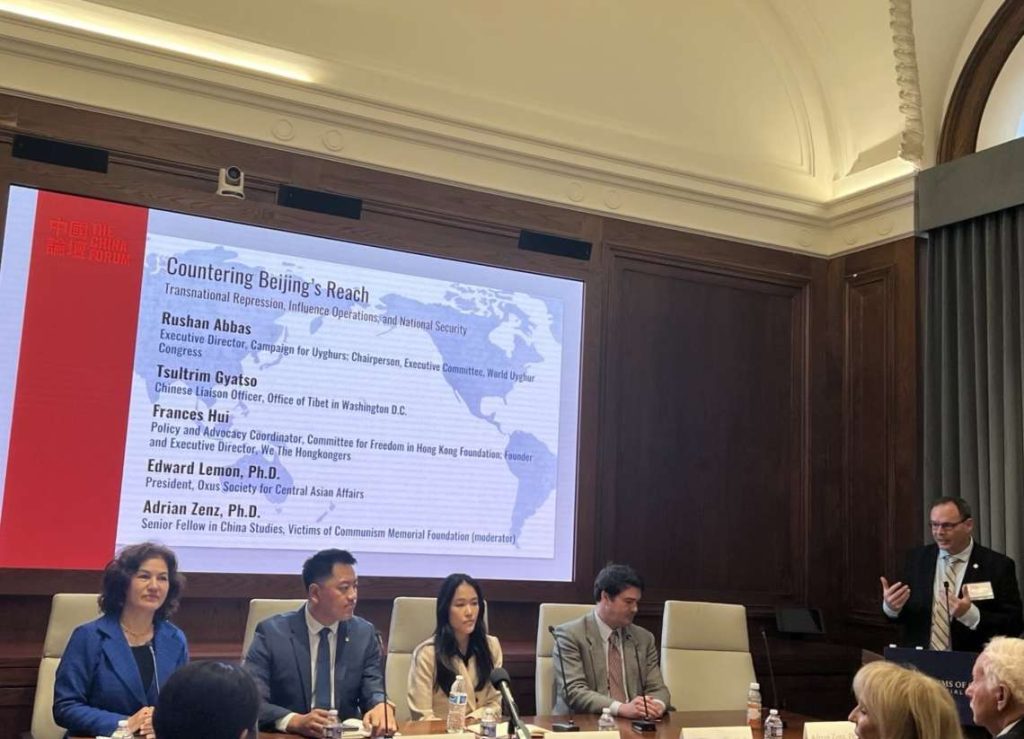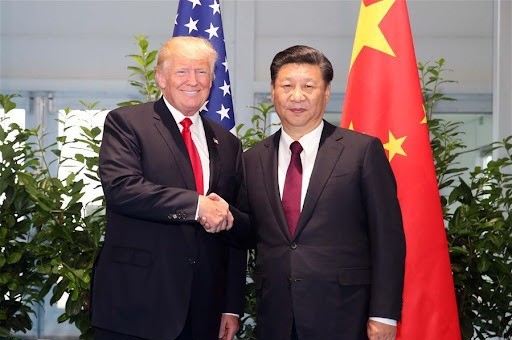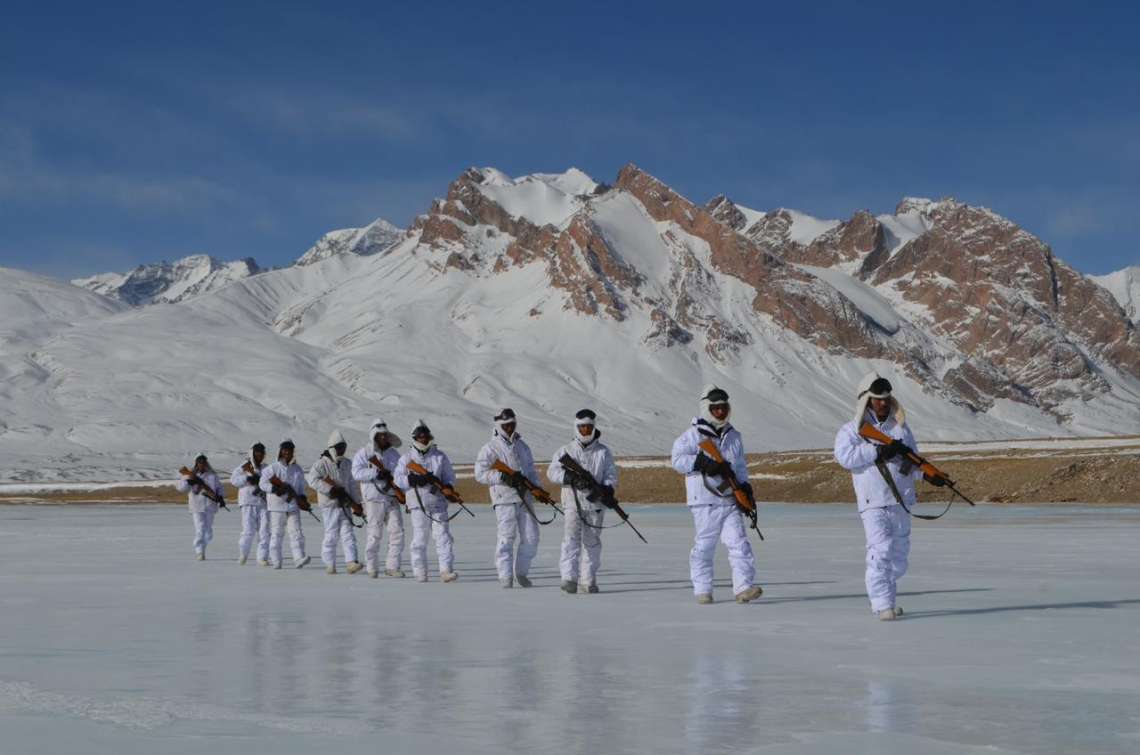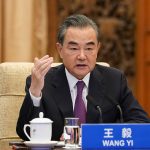Uyghur advocates ramp up diplomatic pressure from the UN to Washington, winning global recognition while warning that independent Uyghur media faces a funding-driven silence.
China is confronting renewed international pressure over alleged human rights abuses in Xinjiang, as Uyghur rights organisations intensify global outreach, diplomatic engagement and public awareness campaigns. The World Uyghur Congress (WUC) has stepped up efforts across several continents, seeking stronger international accountability and urging governments to act against what advocacy groups continue to describe as a genocide against the Uyghur people.
The latest push includes high-level lobbying at the United Nations. On 24 October, WUC adviser Omer Kanat met permanent representatives in New York to press for a joint statement condemning Beijing’s policies and proposing tangible steps to halt ongoing persecution. He also held discussions with UN Special Rapporteur on Minority Issues Professor Nicolas Levrat, joined by Tibetan and Southern Mongolian representatives, to brief him on what they called a worsening situation in East Turkistan. Professor Levrat, according to the WUC, expressed continued support for Uyghur rights and reaffirmed his commitment to transparency and justice.
Recognition of Uyghur advocacy work also gained prominence in Europe. WUC spokesperson Erkin Emet was honoured with the GAP Oscar Award at the Romanian Parliament for his decades-long contributions to journalism and human rights, particularly during his 25-year career at Radio Free Asia (RFA). The ceremony, attended by Romanian officials and Turkish lawmakers, highlighted the global resonance of the Uyghur cause. Former WUC president Dolkun Isa also visited the organisation’s headquarters in Germany to mark the current leadership’s first anniversary and urged unity as the struggle for self-determination continues.

Further momentum came from Washington, where WUC leaders Rushan Abbas and Abdulhakim Idris contributed to the Victims of Communism Memorial Foundation’s China Forum, addressing transnational repression, forced labour and digital censorship. Abbas later travelled to Costa Rica to screen films and speak at universities, supported by the US Embassy, broadening the movement’s outreach in Latin America.
However, the advocacy push comes amid anxiety over the suspension of RFA’s Uyghur-language service due to funding challenges — a move that risks silencing one of the few independent voices reporting on conditions inside Xinjiang.
Adding to global alarm, a new report from the International Service for Human Rights found that China, alongside Russia, has been quietly reducing support for key UN human rights mechanisms. Observers warn that this strategy threatens accountability for serious rights violations worldwide.
In a separate development, veteran Uyghur journalist Shohret Hoshur commended Japan’s strengthened stance under Prime Minister Sanae Takaichi, arguing that Tokyo’s renewed moral leadership could serve as a crucial counterbalance to China’s expanding authoritarian influence.
As rights groups escalate diplomatic and grassroots efforts, Beijing continues to deny all allegations, insisting its policies in Xinjiang are aimed at countering extremism and poverty. Yet with advocacy deepening across multiple capitals, pressure on China appears set to intensify in the months ahead.













